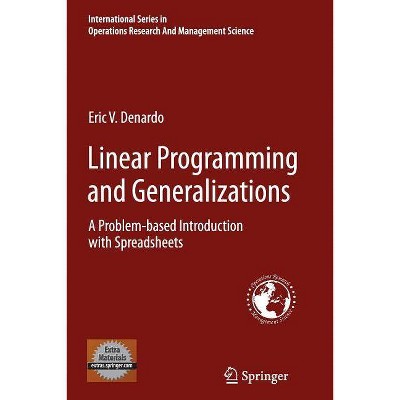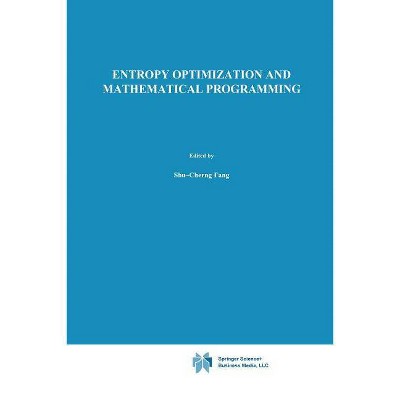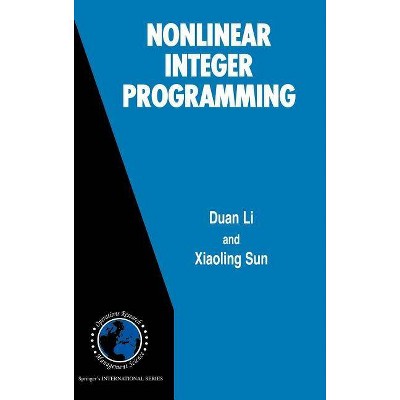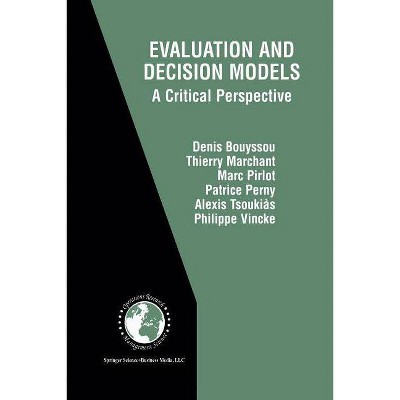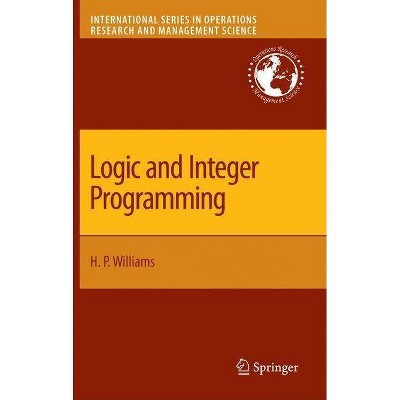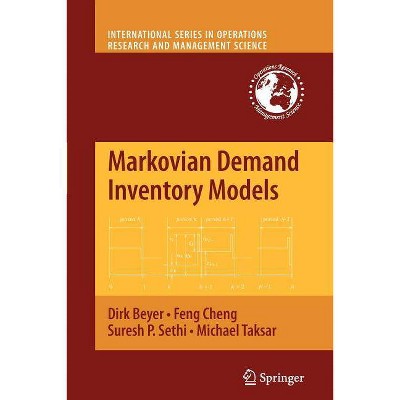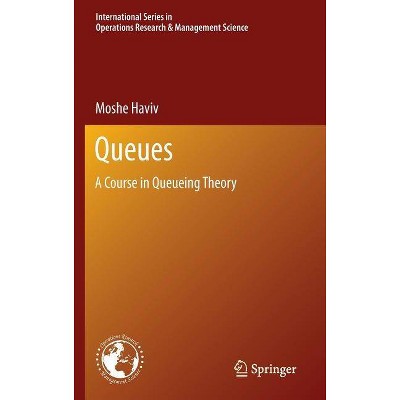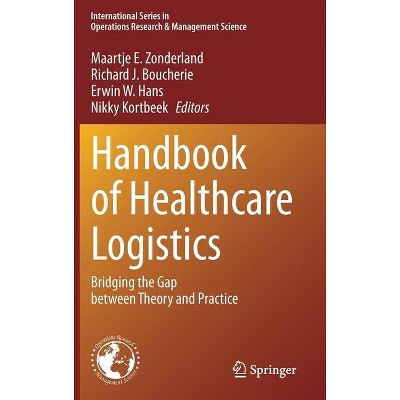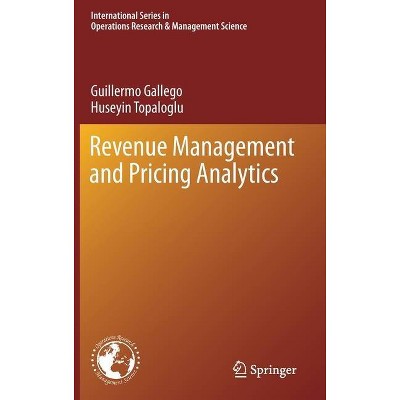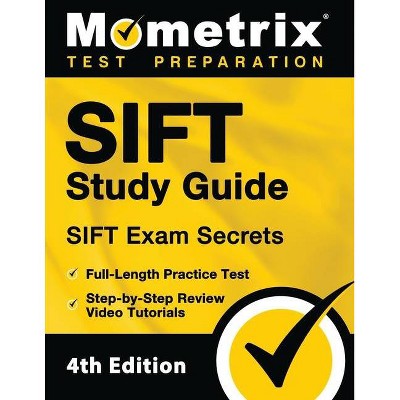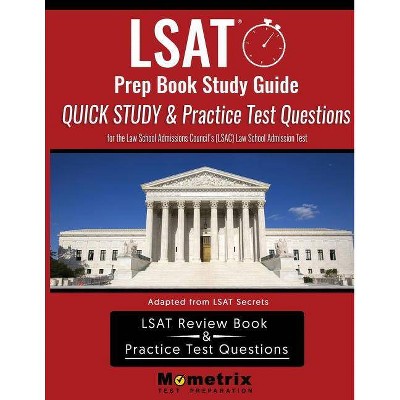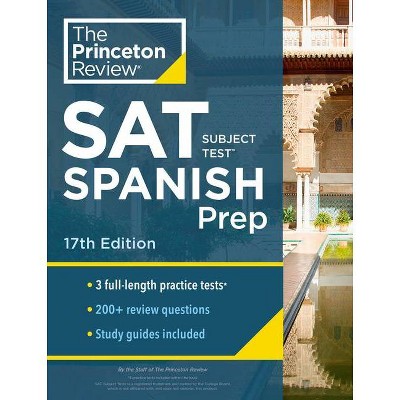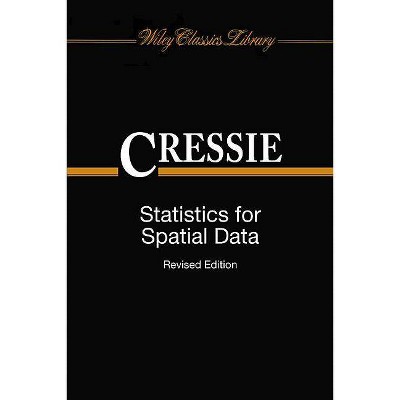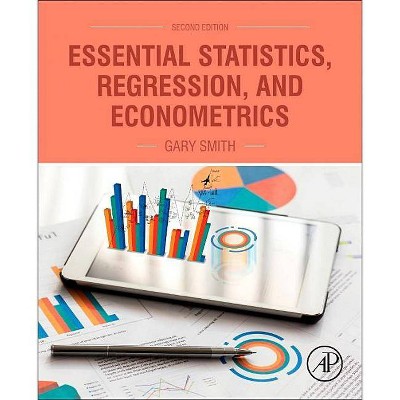Linear and Nonlinear Programming - (International Operations Research & Management Science) 3rd Edition by David G Luenberger & Yinyu Ye (Paperback)
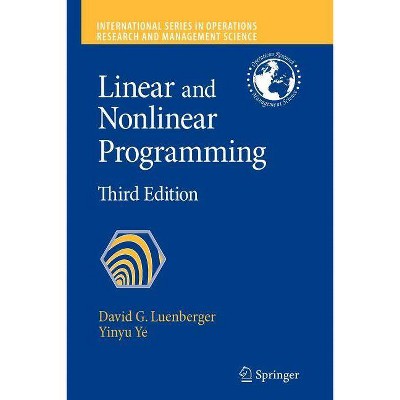
Similar Products
Products of same category from the store
AllProduct info
<p/><br></br><p><b> About the Book </b></p></br></br><p>This third edition of the classic textbook in Optimization has been fully revised and updated. It comprehensively covers modern theoretical insights in this crucial computing area. The book also has a new co-author, who has written extra material including some on Interior Point Methods.</p><p/><br></br><p><b> Book Synopsis </b></p></br></br>Linear Programming.- Basic Properties of Linear Programs.- The Simplex Method.- Duality.- Interior-Point Methods.- Transportation and Network Flow Problems.- Unconstrained Problems.- Basic Properties of Solutions and Algorithms.- Basic Descent Methods.- Conjugate Direction Methods.- Quasi-Newton Methods.- Constrained Minimization.- Constrained Minimization Conditions.- Primal Methods.- Penalty and Barrier Methods.- Dual and Cutting Plane Methods.- Primal-Dual Methods.<p/><br></br><p><b> From the Back Cover </b></p></br></br><p>"Linear and Nonlinear Programming" is considered a classic textbook in Optimization. While it is a classic, it also reflects modern theoretical insights. These insights provide structure to what might otherwise be simply a collection of techniques and results, and this is valuable both as a means for learning existing material and for developing new results. One major insight of this type is the connection between the purely analytical character of an optimization problem, expressed perhaps by properties of the necessary conditions, and the behavior of algorithms used to solve a problem. This was a major theme of the first and second editions. Now the third edition has been completely updated with recent Optimization Methods. Yinyu Ye has written chapters and chapter material on a number of these areas including Interior Point Methods. </p> <p>This book is designed for either self-study by professionals or classroom work at the undergraduate or graduate level for technical students. Like the field of optimization itself, which involves many classical disciplines, the book should be useful to system analysts, operations researchers, numerical analysts, management scientists, and other specialists.</p> <p> </p><p/><br></br><p><b> Review Quotes </b></p></br></br><br><p>From the reviews of the third edition: </p>"The aim of this book is to present the central concepts of optimization techniques. ... the material in this new edition is organized into three separate parts. ... this very well-written book is a classic textbook in Optimization. It should be present in the bookcase of each student, researcher, and specialist from the host of disciplines from which practical optimization applications are drawn." (Jean-Jacques Strodiot, Zentralblatt MATH, Vol. 1207, 2011)<br><p/><br></br><p><b> About the Author </b></p></br></br><i>David G. Luenberger</i> has directed much of his career toward teaching "portable concepts" - organizing theory around concepts and actually "porting" the concepts to applications where, in the process, the general concepts are often discovered. The search for fundamentals has explicitly directed his research in the fields of control, optimization, planning, economics, and investments, and in turn, it is the discovery of these fundamentals that have motivated his textbook writing projects.
Price History
Price Archive shows prices from various stores, lets you see history and find the cheapest. There is no actual sale on the website. For all support, inquiry and suggestion messagescommunication@pricearchive.us
